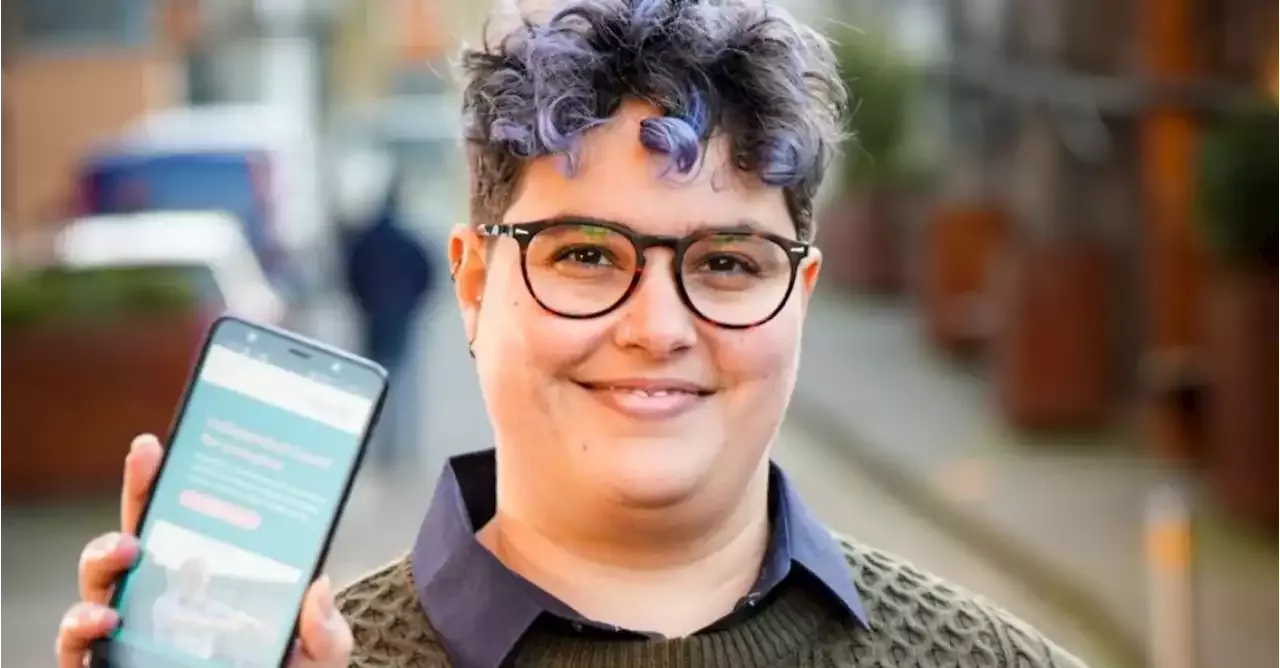Talita Holzer, co-founder of WaytoB. ‘People literally said: This could change the life of my daughter or my son.’ Picture: Paddy O’Connor
WaytoB’s app, which works best when used on a smartwatch, can be used to plot out a route from A to B. It buzzes to tell a user when to change direction and gives them alerts if they deviate from the route. Parents or family members of the user can track their movements as well as their heart rate and the battery life of their device.
Ahead of the pandemic, the firm was planning to sell the technology to charities and local authorities, which could teach people how to use it and give them more independence when it came to their own movements. But then the pandemic hit and issues arose. WaytoB was forced to delay the full launch of its app, and its small team had to take on other projects “to keep the lights on and the doors open”, Holzer said.
“We designed the platform to be easier to use in itself, but the content is also very accessible and tailored to people with intellectual disabilities,” Holzer said.
